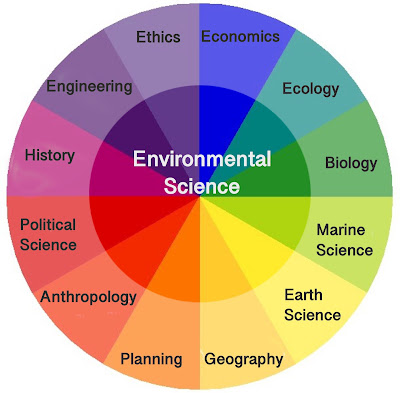The Overseer Files
Just before we all suddenly returned to a snap lockdown, and excellent use of scientific models to manage New Zealand COVID response, we were wading through a much less rosy review of one of Aotearoa's most important scientific models - used for farm nutrient management and water quality regulation. I had prepared some comments at the Science Media Centre's (SMC) request for Expert Reaction as an Environmental Scientist and as President of the NZ Association of Scientists . Neither they nor science correspondents in the media have time for a deep dive into the topic at the moment so I'm filing my comments here for discussion. An MPI-commissioned peer review report has concluded that key aspects of the Overseer model used for water quality regulation are not fit for purpose. The Parliamentary Commissioner for the Environment (PCE) has described the report as “devastating”, while those responsible for the model defend it to users....




